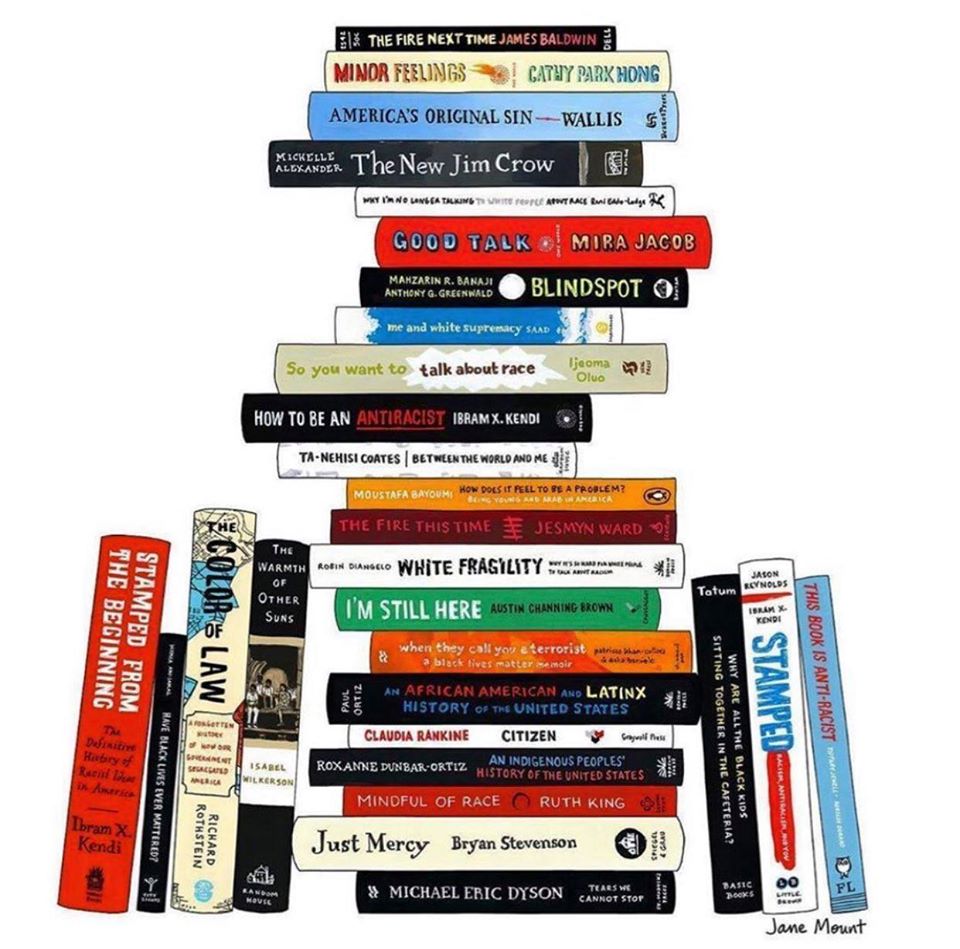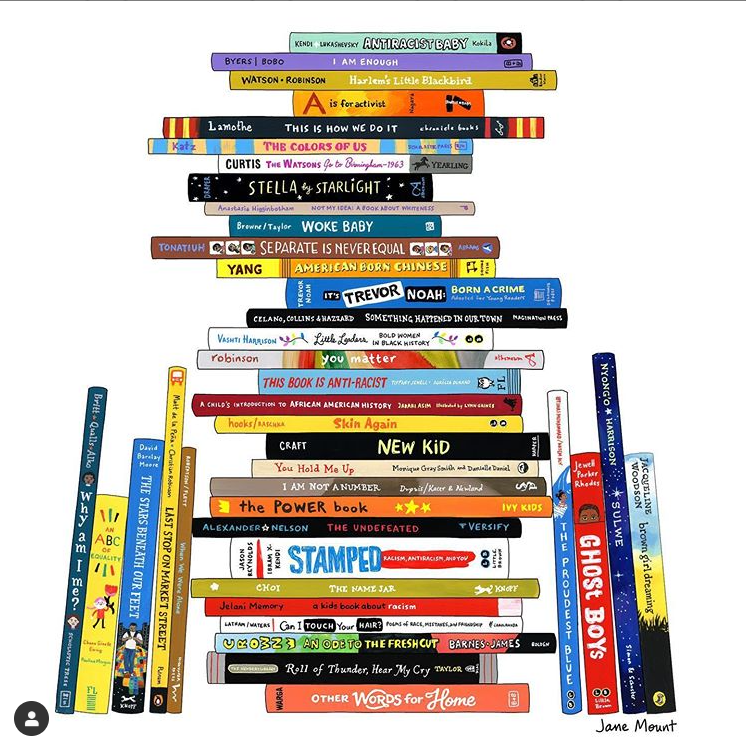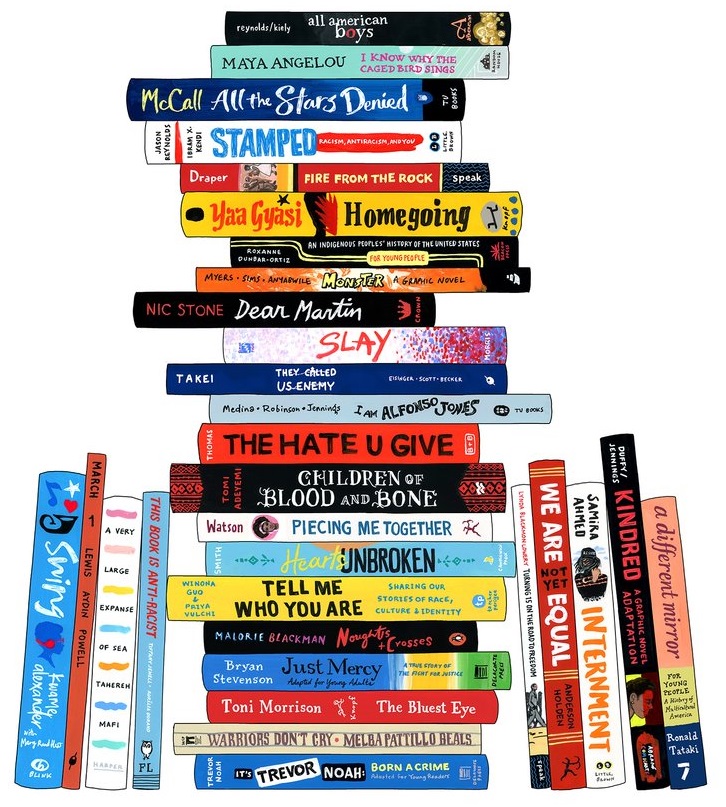
We're experiencing a historic moment in our country as millions speak out against anti-Black racism and police brutality. And racism isn't just an adult issue - studies have shown that children as young as six months old can notice superficial racial differences, and can form racial biases by their fifth birthday.
The conversations between parents and kids that are necessary to raise an anti-racist family can be awkward and challenging – especially if you're coming from a background that doesn't experience racism the way Black people, Indigenous people, and other people of color do.
But you don't have to face it alone. There are many books, documentaries, websites and other resources to help you educate yourself and your family about systemic racism, and what you can do to fight it. (This isn't an exhaustive list by any means. For more, please call us at 541-882-8894 or drop us a note on our Facebook page.)

Books:
Check out the curated list on the front of our catalog website to get you started.
We also have a list of antiracist books for families, kids and teens at Klamath County libraries (.pdf file with links to the library catalog).
There are a lot of "recommended books" going around on social media right now. If you come across a book you're interested in and the library doesn't own it, please let us know!
Guides for Parents:
How White Parents Can Talk To Their Kids About Race from NPR
Talking to Children about Racial Bias from the American Academy of Pediatrics, which includes more about how children form racial bias early in life and how parents can model anti-racist behavior.
Teaching Young Children About Race is a guide for parents and teachers from Teaching for Change, nonprofit dedicated through making social change by changing conversations in the classroom.
Explaining the News to Our Kids from Common Sense Media offers tips by age group on how to navigate upsetting headlines and TV news with your children.
EmbraceRace.org has articles, webinars and action guides about how kids learn about race, seeing and talking about differences, using picture books to have meaningful conversations, and more.
Talking about Race from the National Museum of African American History & Culture shares reflection questions, videos, and links to other resources.
The articles at Teaching Tolerance were created with teachers in mind, but parents can find their guides to talking about the Black Lives Matter movement, race, and activism helpful, as well as guides on other social justice issues.
Documentaries:
The Angry Eye: This 2001 documentary features racism educator Jane Elliott's famous "Brown Eye, Blue Eye" exercise (filmed at Bard College in upstate New York), which simulated racial discrimination for a classroom of white college students. [51 minutes, unrated]
13th: This Netflix documentary (currently hosted for free on YouTube) examines how racial inequality drives America's high incarceration rate. [1 hour, 40 minutes, rated TV-MA]
TED Talks to Help You Understand Race: A "playlist" of 25 free TED Talk videos talking about race from a variety of angles. The whole list runs for 6 hours, 24 minutes, but most of the individual talks are less than 20 minutes each – some as few as five minutes.
For more:
Many of these resources were gathered from the Anti-Racism Google Doc compiled by Sarah Sophie Flicker and Alyssa Klein, which includes much more than what is listed here.
